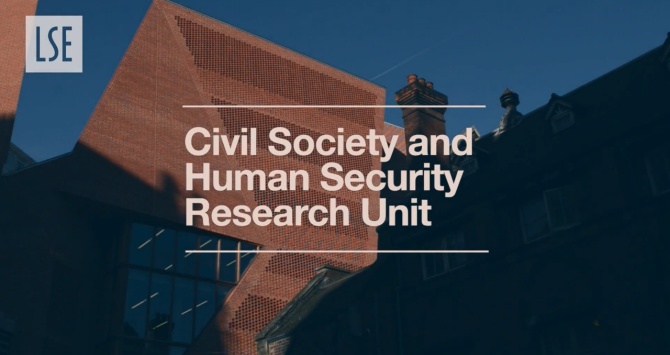Guest blogger, Paul Anand, Professor of Economics at the Open University, tells us about the Global Wellbeing Report which launches today, on the International Day of Happiness.
Sensible people often roll their eyes at the thought of all that fluffy happiness nonsense impacting policy until they recall that its absence is the direct cause of a range or rather unpleasant events and behaviours from protest votes in national elections to suicidal mass killings across the world from American schools to Afghan streets. The idea that happiness might be a useful concept in public policy has been kicking around the ivory towers for several years now but we know little about its impact on the real world, a gap the inaugural Global Analysis of Wellbeing Report seeks to address.
Based on contributions from national statistical offices, non-governmental organisations as well as academic research, this co-produced report paints a somewhat optimistic picture. On the positive side, there is evidence that a range of high-income countries have developed data that go beyond the familiar money and employment metrics that have previously been standard benchmarks of economic progress and political success.
Furthermore, data on life quality needs to shape policy and action in ways that go beyond monitoring, and there are a growing number of examples – particularly from the charity sector – that the ideas of happiness and wellbeing can help to provide an explicit guide, both for what we should do as well as how we might go about it. In India for example, the Janaagraha charity has developed an annual quality of life survey to monitor and compare cities in terms of planning, administrative capacities, empowerment, transparency and participation in an effort to combine the need for technical solutions to the problems of growth and congestion. To date, even advanced urban planning has been dominated by technical, engineering concerns and the recognition that social involvement beyond lip service is vital if we are to adequately address the sometimes rough edges left by free-for-all market solutions.
Elsewhere, Oxfam Scotland has recently engaged in a consultation exercise that seeks to identify and rank over 25 aspects of work that people rate as important to them, and the findings are often telling. Control in work is ranked lowest, despite its prominence in some academic literatures, whereas job security, paid leave, and a safe environment are ranked in the top concerns. This comes at a time when the new forces of the online gig economy appear to be doing their utmost to remove these benefits and protections.
In our report Gus O’Donnell provides reflections on wellbeing measurement, based on his many years of experience as the UK’s most senior civil servant. There have been many examples across the spectrum of government – from health in old age, to education for pre-schoolers – in which better measures and policies could have significant impacts on life quality. Recent experiments have included fishing on prescription to ward off mental health problems, wellbeing programmes in schools that have dramatic impacts on academic performance, and people creating new social lives around men’s sheds. Perhaps most interesting of all is that many of these interventions don’t require substantial amounts of funding – just a bit of time and thought about what matters to people in their daily lives.
Some researchers have suggested that we don’t yet know enough, or that politicians will use information on happiness to manipulate voters, but the fact is we do know a lot from research about the drivers of life quality, and surely now the key issue is to find ways of getting this knowledge into the policy and practice of business and civil society.
The Global Analysis of Wellbeing Report suggests that many organisations are making real progress on this front, even if their efforts are impossible to sum up a simple single financial number like GDP.
Paul Anand is a Professor of Economics at the Open University and Research Associate in Oxford University and the London School of Economics. His research currently focusses on the capability approach to welfare economics and happiness across the life course.
The views expressed in this post are those of the author and in no way reflect those of the International Development LSE blog or the London School of Economics and Political Science.





